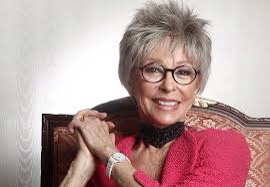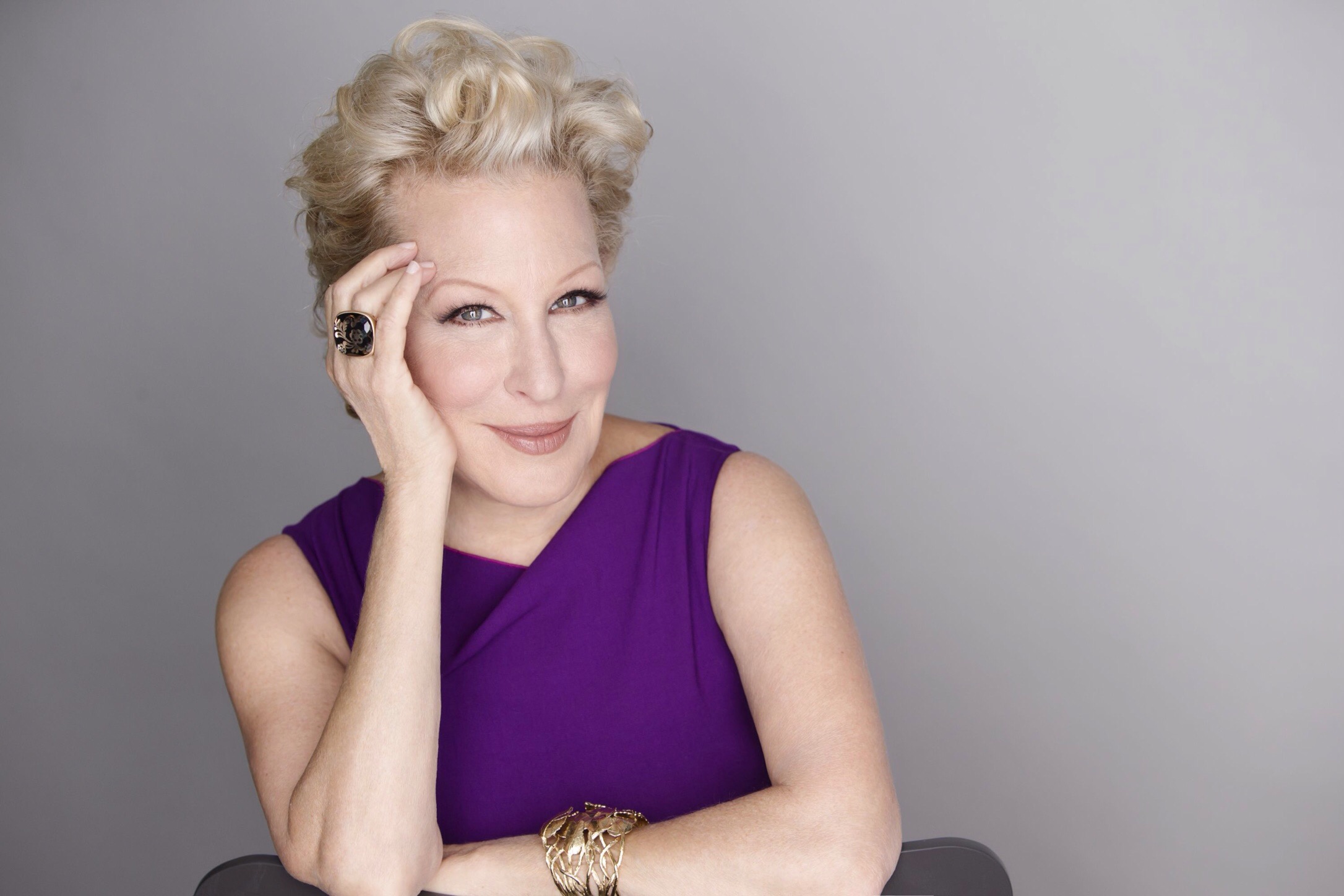This is the fifth post in a series about the key characters in “These Foolish Things,” discussing their origins and inspirations. Beanie is Liz Gardner’s cat.
It may be a head scratcher to some people as to why I’d go in depth about the character of a cat. Especially one that doesn’t talk or do anything other than be a cat. Beanie is important to the story. Before Ty Hadley comes on the scene, he is her closest companion and his arc is a catalyst of the action.
Beanie is a cat who found Liz as she was in treatment for breast cancer. He was a stray on the grounds of the hospital whre she was being treated, jumped into her bag and hitched a ride home with her.
This is the inspiration for Beanie:
? ?
?
He knew he looked adorable.
His name was Toulouse (aka Loosey). A friend of mine was vacationing in Florida when a friendly stray cat approached her outside her hotel. She petted him on the head and went back to retrieving her bags from the rental car. When she got the bags into her hotel room, Toulouse popped out of one of them. She said he was skinny, filthy, covered in fleas and mites, but so charming she couldn’t resist. Given his markings and lively personality, he was at least part Turkish Van.
Loose eventually became one of my cats when he came for an extended visit and bonded so tightly with my cat, George that the two moped when they were separated.
? ?
?
George is the orange one. Squirrel watching was one of their favorite pastimes when they weren’t wrestling. The term coined for the two of them was “Bouncy Cat Boys.”
Toulouse was one of the smartest cats I’ve ever met and I’ve never met a dumb cat. He figured out how to open cabinets and doors, knew how to charm the neighbors, and if I was eating something he thought was interesting, a white paw would reach over and gently guide my hand with the spoon to his mouth. Or try. I didn’t let him win very often. He really did learn “Get your furry ass out of there.” That all-black tail of his seemed to have its own little control because it was always in motion, especially when he was figuring out something naughty to do.
One January night in New Hampshire (and it was bitterly cold), Toulouse dove out the front door during a Chinese food delivery. I searched for him and couldn’t find him in the dark. The next morning, I was outside with a bag of cat cat food and the little bugger popped right up and came in as if nothing had happened. He spent the next two days sleeping.
Loose went from being a Florida cat to Virginia to New Hampshire and finally out to California. I lost him on May 28, 2003 to kidney cancer.
As I was writing “These Foolish Things,” I had “help” from Toulouse (and George and Cookie and Sam) and it seemed natural to include a cat in the story. Writing Beanie was easy because I was just relating Toulouse’s antics.
As I said, Beanie acted as a catalyst in the story and as comic relief. The name came from the old Beanie & Cecil cartoon.
? ?
?
The name seemed like a good one; it just popped into my head. As Liz was an attorney (or an aspiring one), it seemed natural to come up with a link to law for him and I worked backwards to make it short for “Breaking & Entering.” Beanie’s inspiration, Toulouse, was a master of cat burglary.
I will not put spoilers here, but Beanie’s story isn’t completely happy. I miss his inspiration, Toulouse, every day.
If I could inspire readers to any kind of action, I would tell them to go adopt a cat from the local animal shelter or volunteer. Toulouse was proof that there are wonderful, loving, entertaining animals out there just waiting for a home. Go find a Beani of your own.
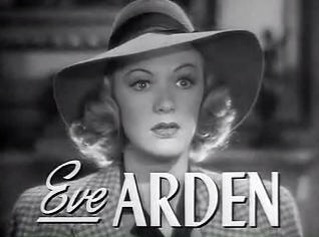 ?l
?l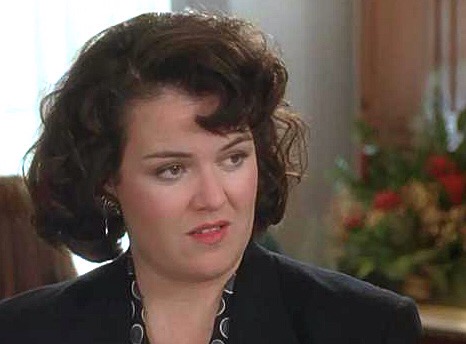
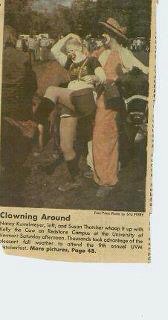 ?
?

